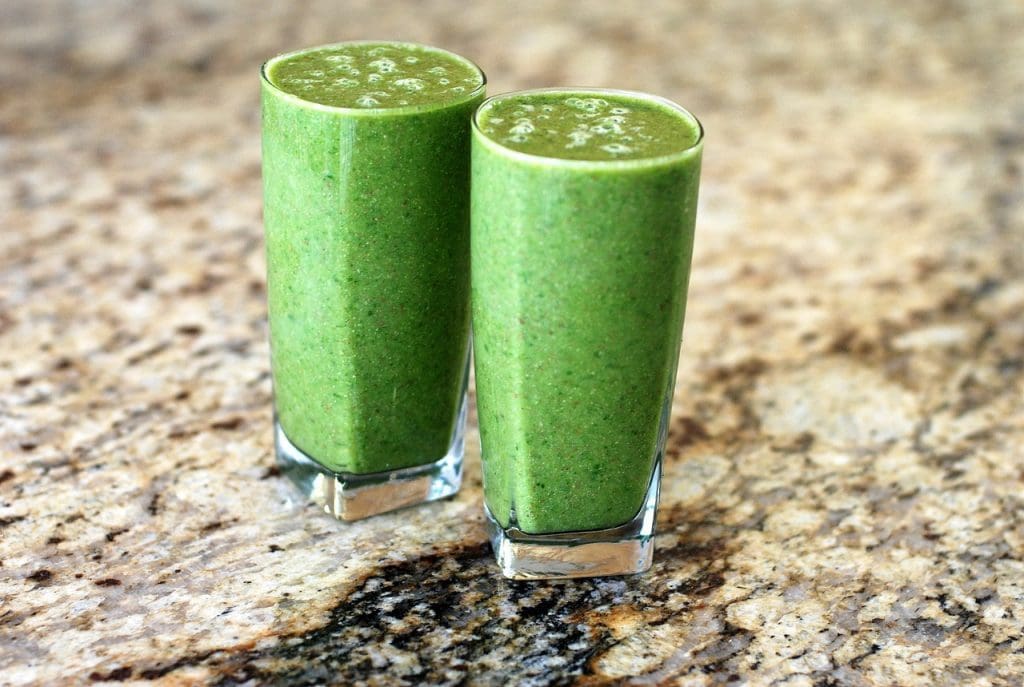Estimated reading time: 3 mins
As an athlete, bodybuilder, or simply someone who’s health conscious, you may have asked yourself “are protein powders an effective source of protein?” With so many different types of protein powders on the market, it can be difficult to know which ones are best for you and your goals. To answer this important question, we’ve consulted with experts in nutrition and sports medicine to learn more about the benefits and drawbacks of using protein powders.
What are Protein Powders?
Protein powder is a dietary supplement made from a variety of sources including whey, casein, soy, beef, pea, hemp, and egg whites. Unlike other food sources of protein such as eggs or chicken breast, protein powder is typically highly concentrated and contains a higher amount of essential amino acids than other foods. It is used to increase muscle growth and improve overall exercise performance.
Check this out: The Amazing Health Benefits of Resistance Training
I use protein powders, as to complement of my diet and ketogenic lifestyle. The keto hard-liners would tell me that protein powders could spike insulin, and go outside of the recommended ‘macro-ratios’ – but I also do resistance training (weight lifting) so I prefer to up-scale my protein to support muscle growth.
Benefits of Taking Protein Powders
Studies show that consuming enough protein is essential for athletes and those looking to build muscle mass. However, meeting daily recommended levels can be difficult if you don’t have time to eat complex meals with high-quality proteins. This is where protein powder comes in – it can provide a convenient way to get your daily requirements of amino acids without needing to worry about meal prep or eating a large amount of food at once.

In addition to providing convenience and ease of use, research has shown that taking certain types of protein powder can help improve exercise performance. Studies have found that taking hydrolysed whey protein (which contains smaller peptides) before exercise can improve muscle building by increasing the uptake of essential amino acids into muscles during exercise (1). Another study published in 2019 found that taking whey protein can reduce fatigue during resistance training by providing a readily available source of energy (2).
Drawbacks of Taking Protein Powders
While there are many positive aspects associated with taking protein powder supplements, there are also some potential drawbacks that should be considered before starting supplementation. For example, some people may experience digestive discomfort when taking certain types of protein powder due to the presence of lactose or other additives (3). In addition, most studies investigating the effects of these supplements have been conducted on young healthy adults – meaning their results may not be applicable to all individuals (4). Finally, it’s important to remember that consuming too much additional protein beyond your daily requirement won’t necessarily lead to increased gains in muscle mass; studies suggest that consuming more than 2g/kg/day will not lead to further improvements (5).
Check this out: Resistance Training for Busy People
Conclusion
When it comes down to it, the answer as to whether or not protein powders are an effective source of protein depends largely on individual needs and goals. For athletes looking to increase muscle growth or improve overall exercise performance then incorporating specific types of proteins into their diet could be beneficial. However, individuals should be aware of potential side effects such as digestive discomfort caused by certain forms or additives and that consuming too much extra protein beyond what is necessary won’t necessarily lead to improved results. Ultimately though speaking with your healthcare professional will help you determine if adding a supplement like this into your diet plan is right for you.
References:
- Boyle-Vavra S., & Yang C.-C., (2015). Effectiveness Of Whey Hydrolysate On Exercise Performance And Recovery: A Systematic Review And Meta-Analysis
- Koopman R., Beelen M., Stellingwerff T., Pennings B., Saris W., Kies A., Kuipers H., & van Loon L.(2007). Coingestion Of Carbohydrate With Protein Does Not Further Augment Postexercise Muscle Protein Synthesis [Online]. Medicine & Science In Sports & Exercise 39(2): 298–307
- Eijnde B., Van Proeyen K., Ramaekers M., Hespel P.(2011). Opposite Effects Of Whey And Casein Protein On Muscle Performance And Plasma Cortisol Responses To Resistance Exercise [Online]. Journal Of The International Society Of Sports Nutrition 8(19): 1–13
- Philips S.(2009). Whey Protein Supplementation During Resistance Training: Its Role In Lean Tissue Mass Accretion [Online]. Nutrition Reviews 67(4): 213–221
- Moore D., Robinson J.(2015). Dietary Protein Intake and Resistance Training: Effects on Body Composition and Muscle Strength [Online]. International Journal Of Sport Nutrition And Exercise Metabolism 25(3): 257–265
